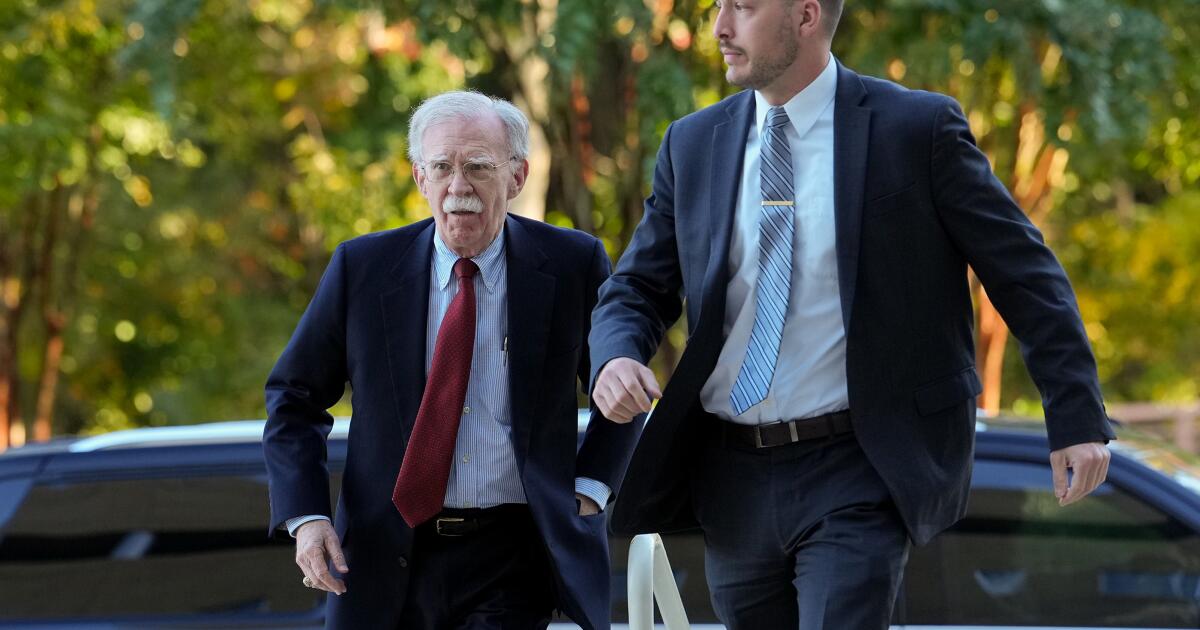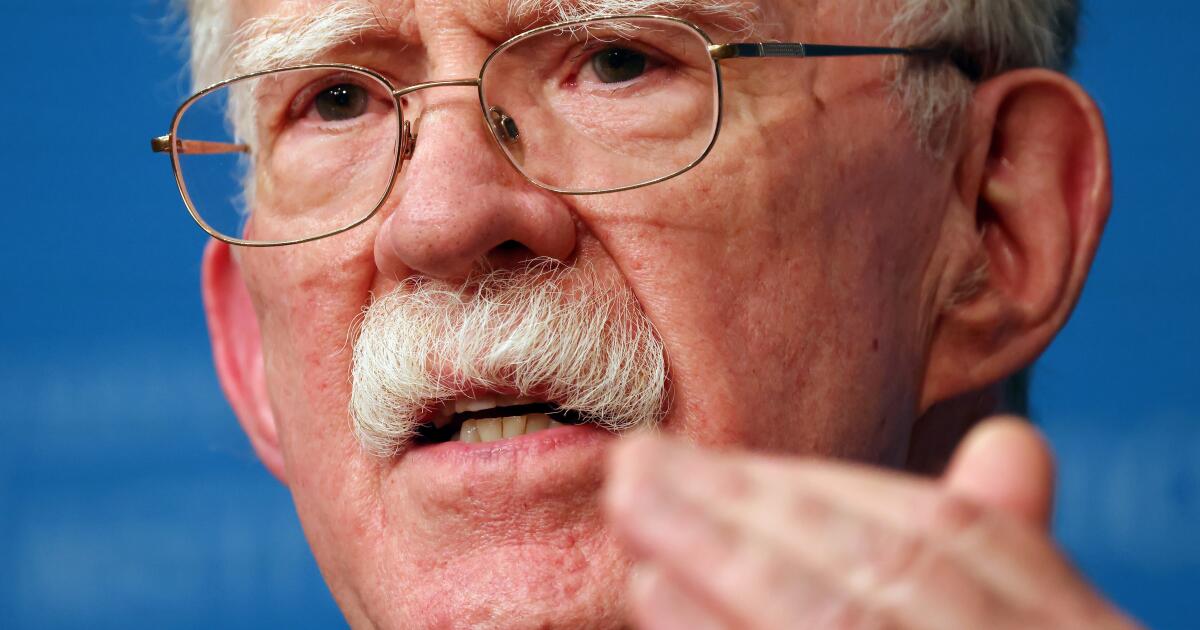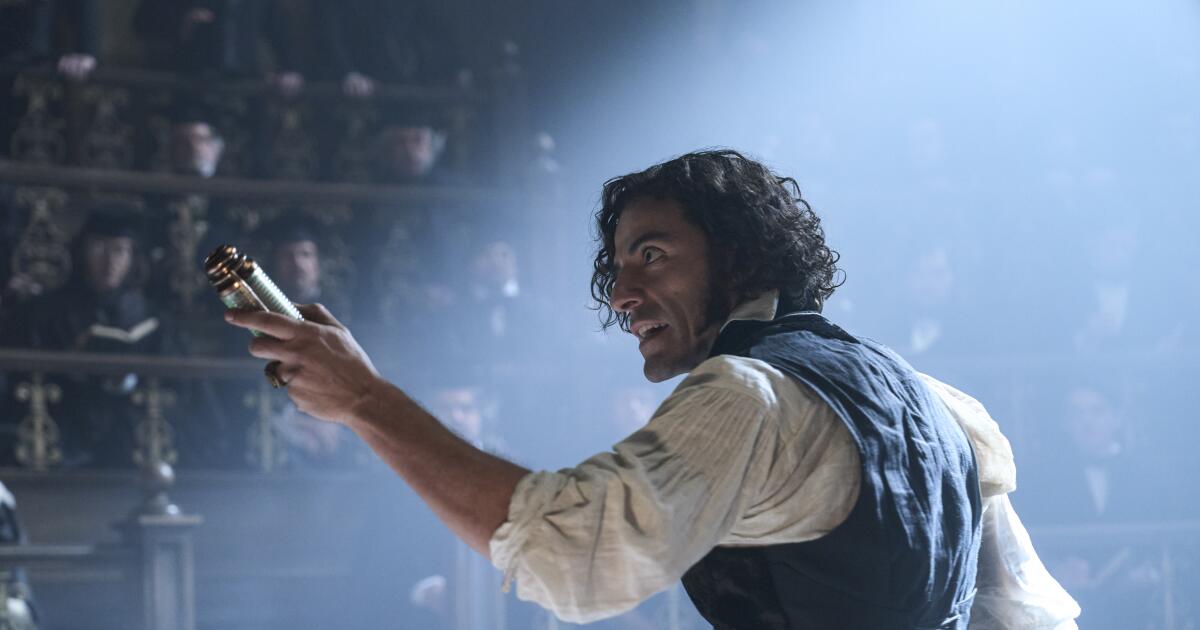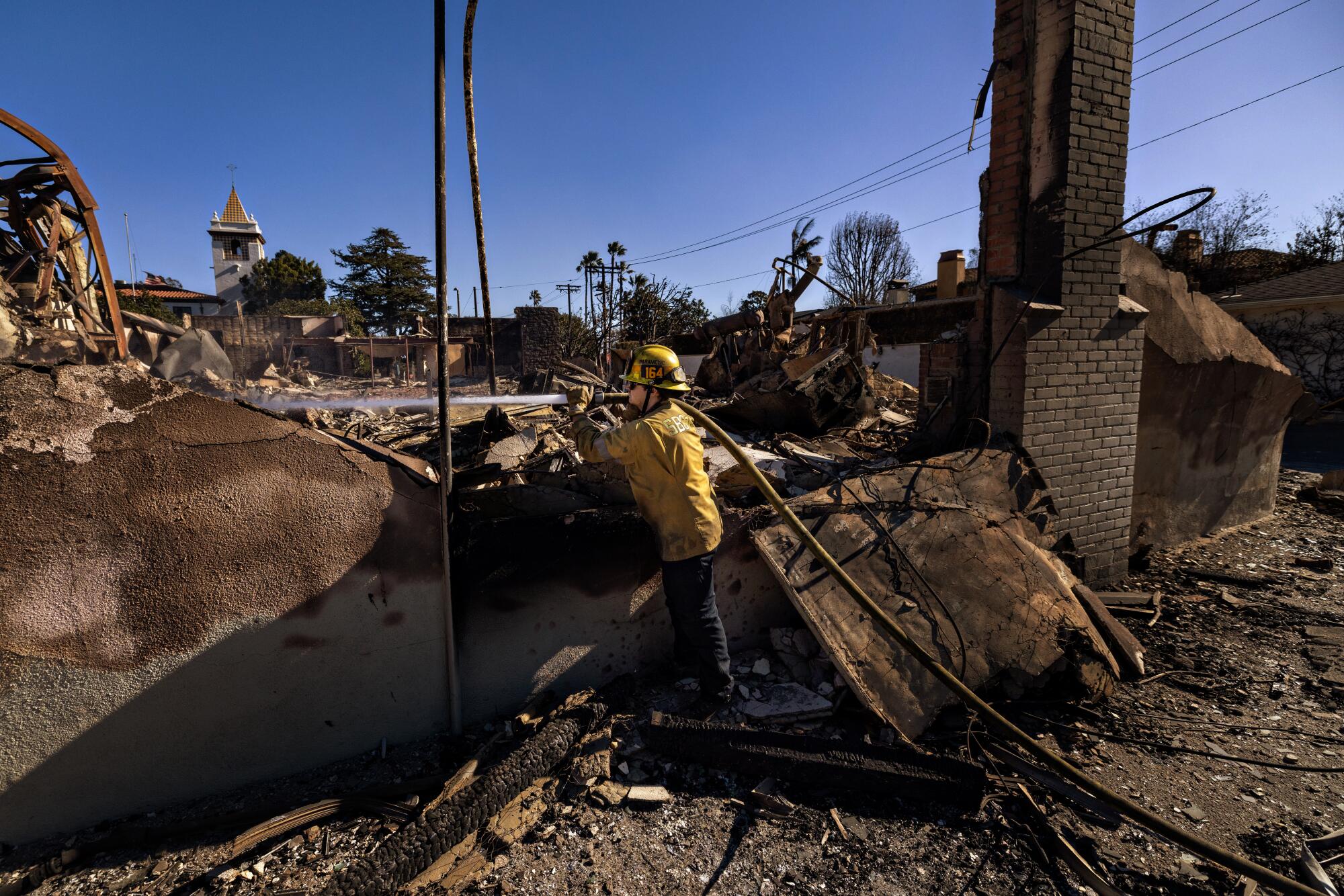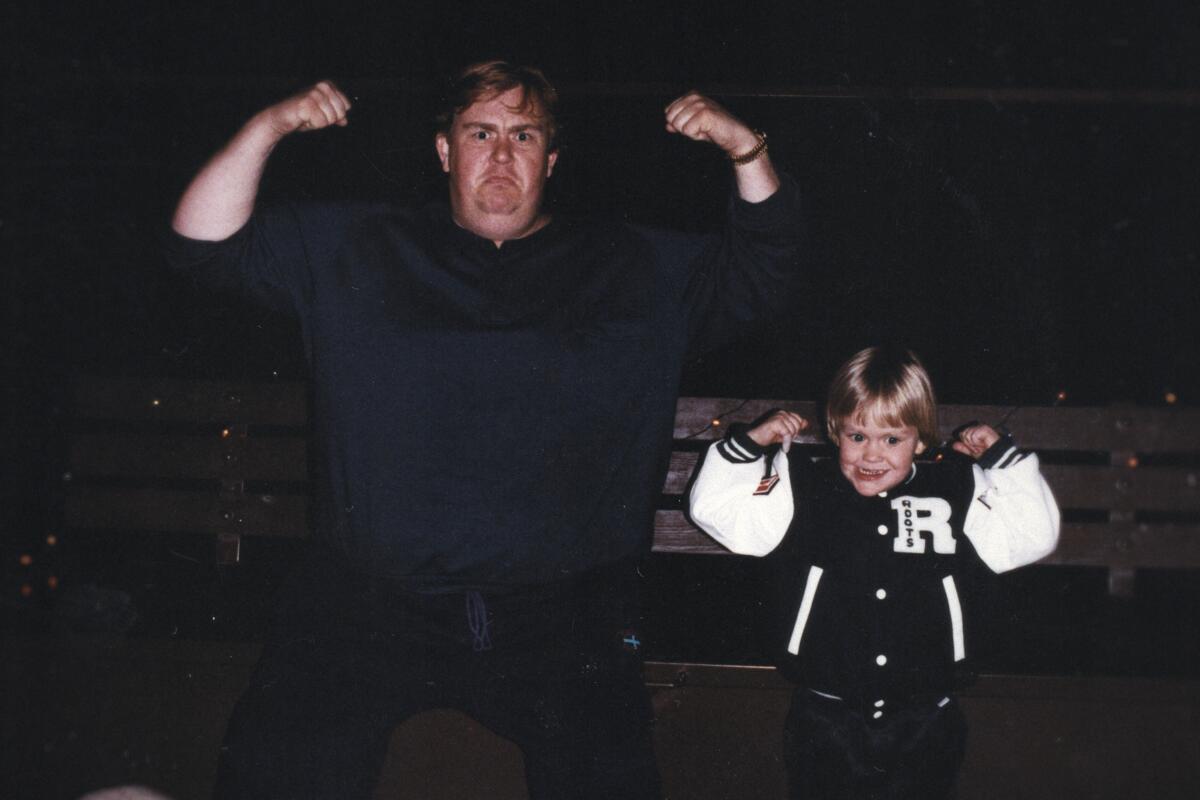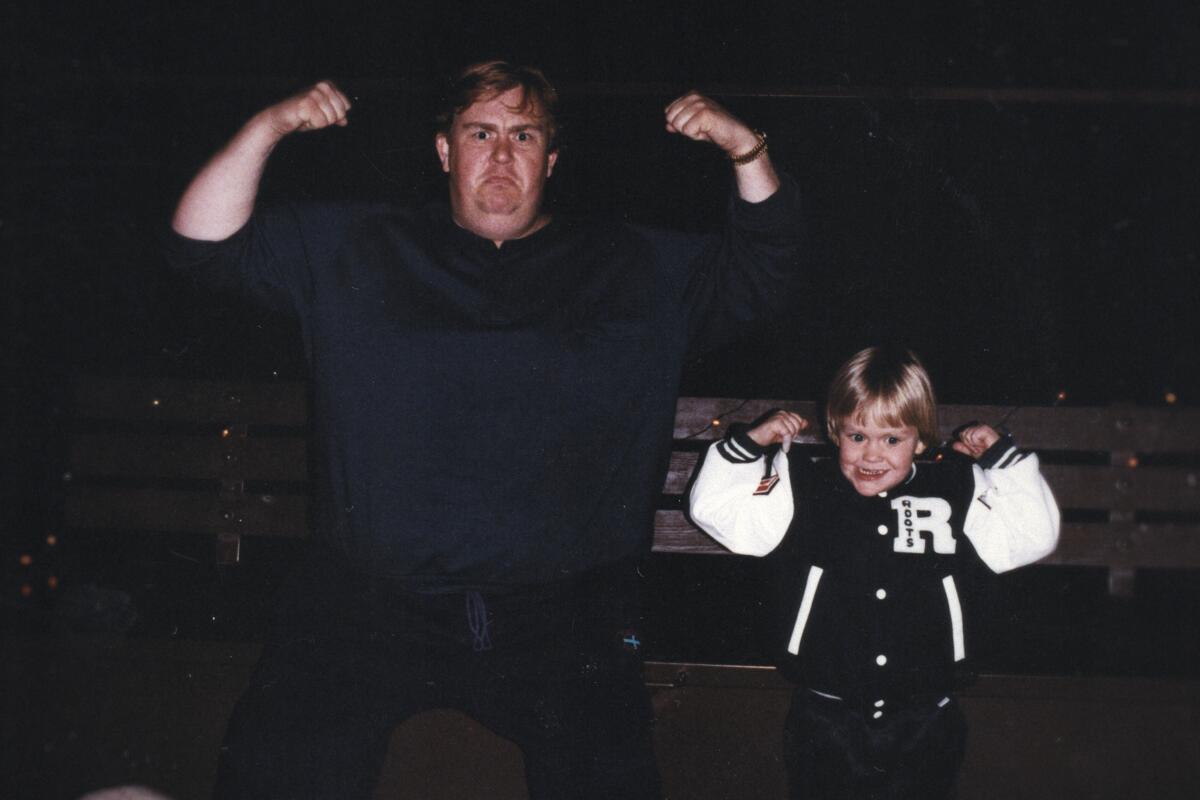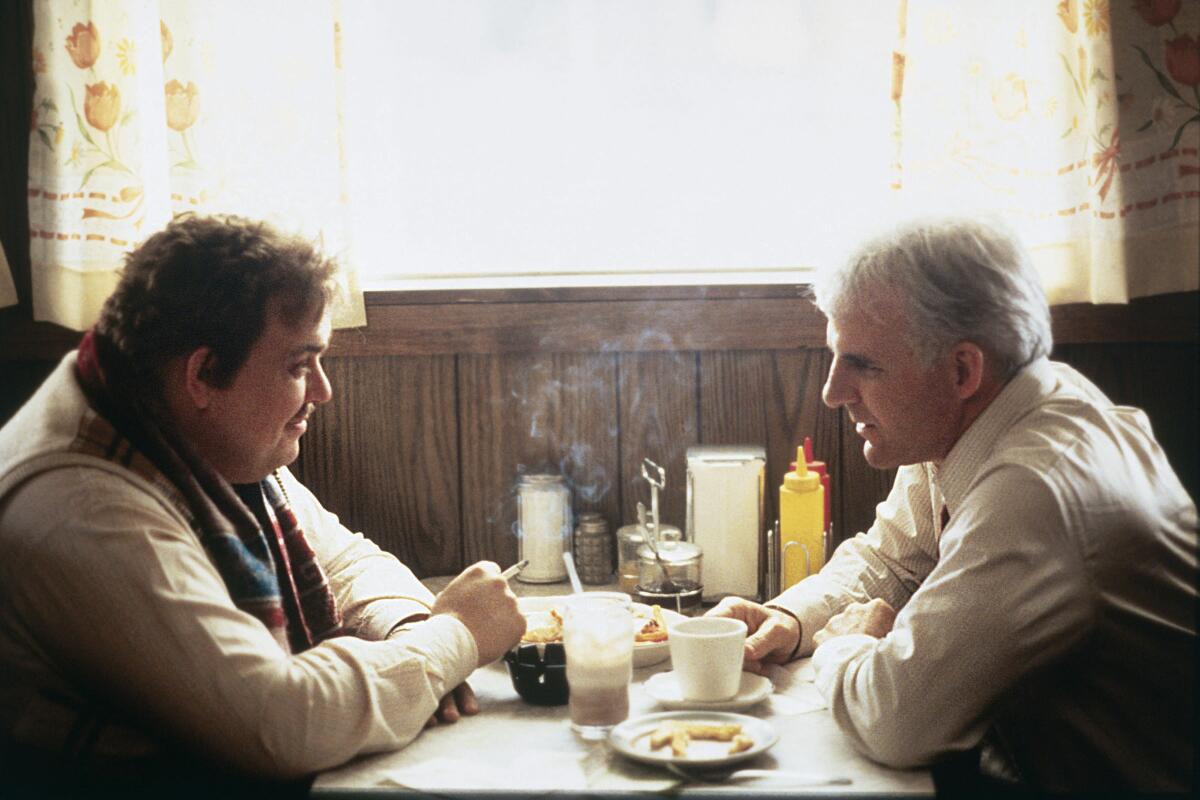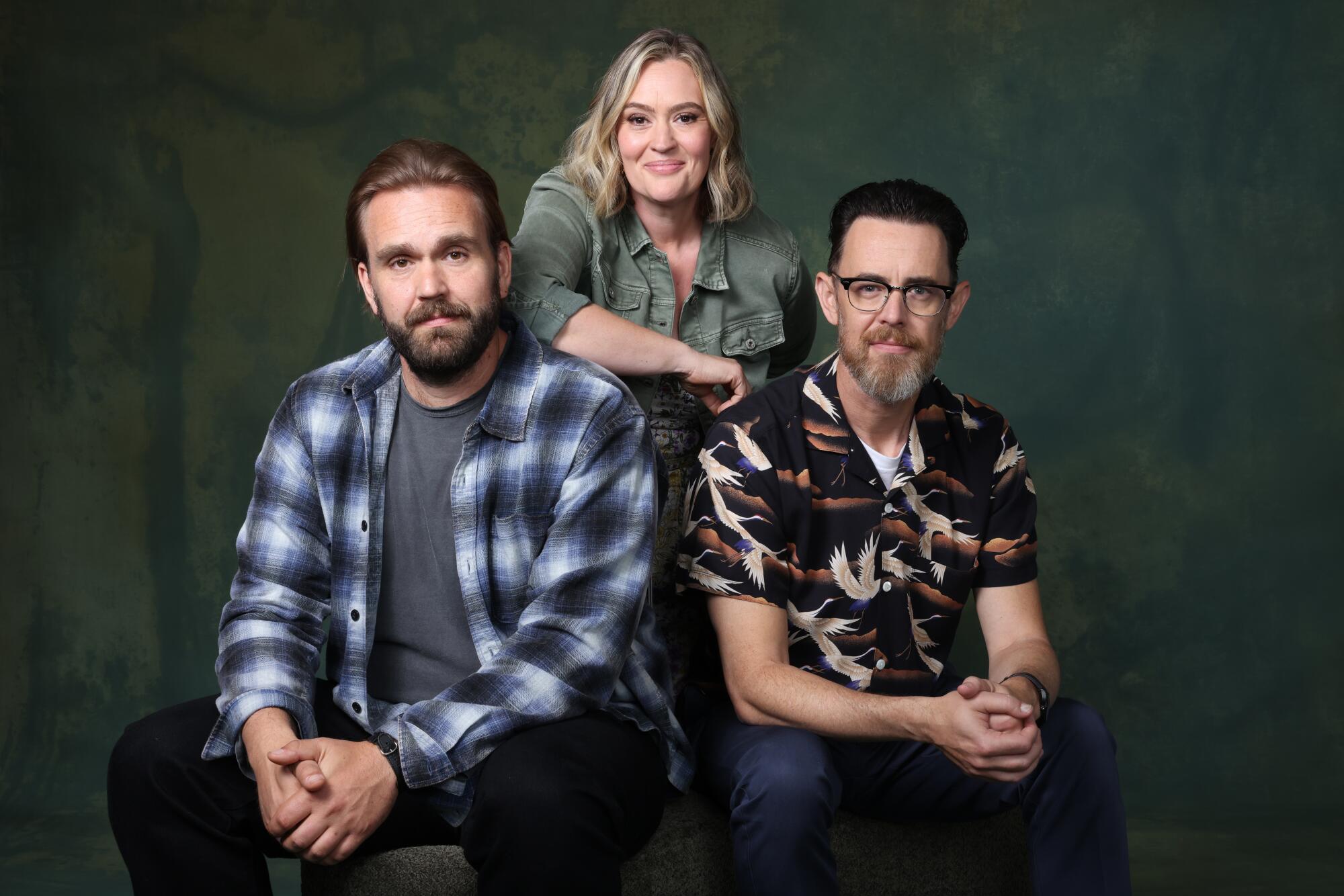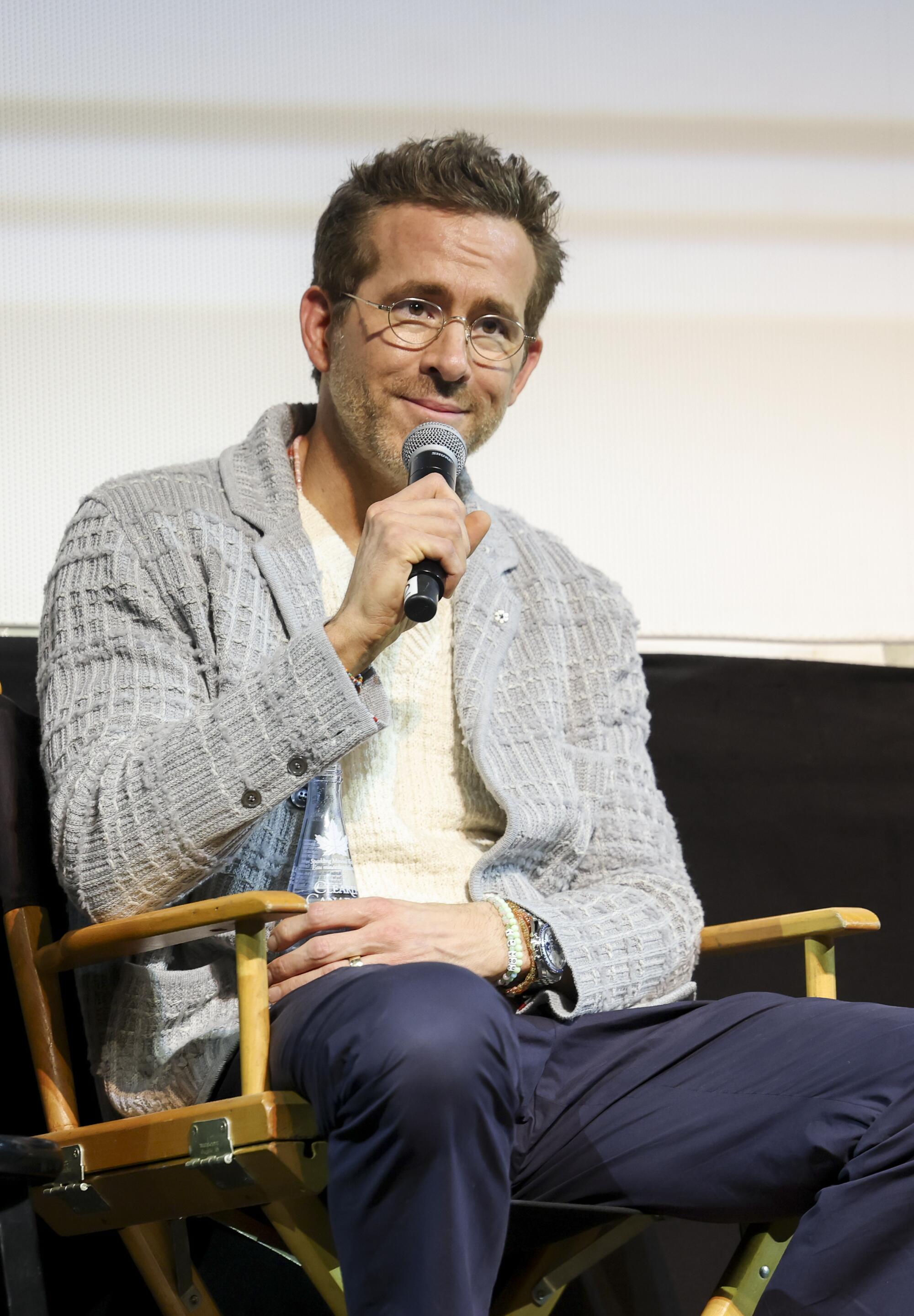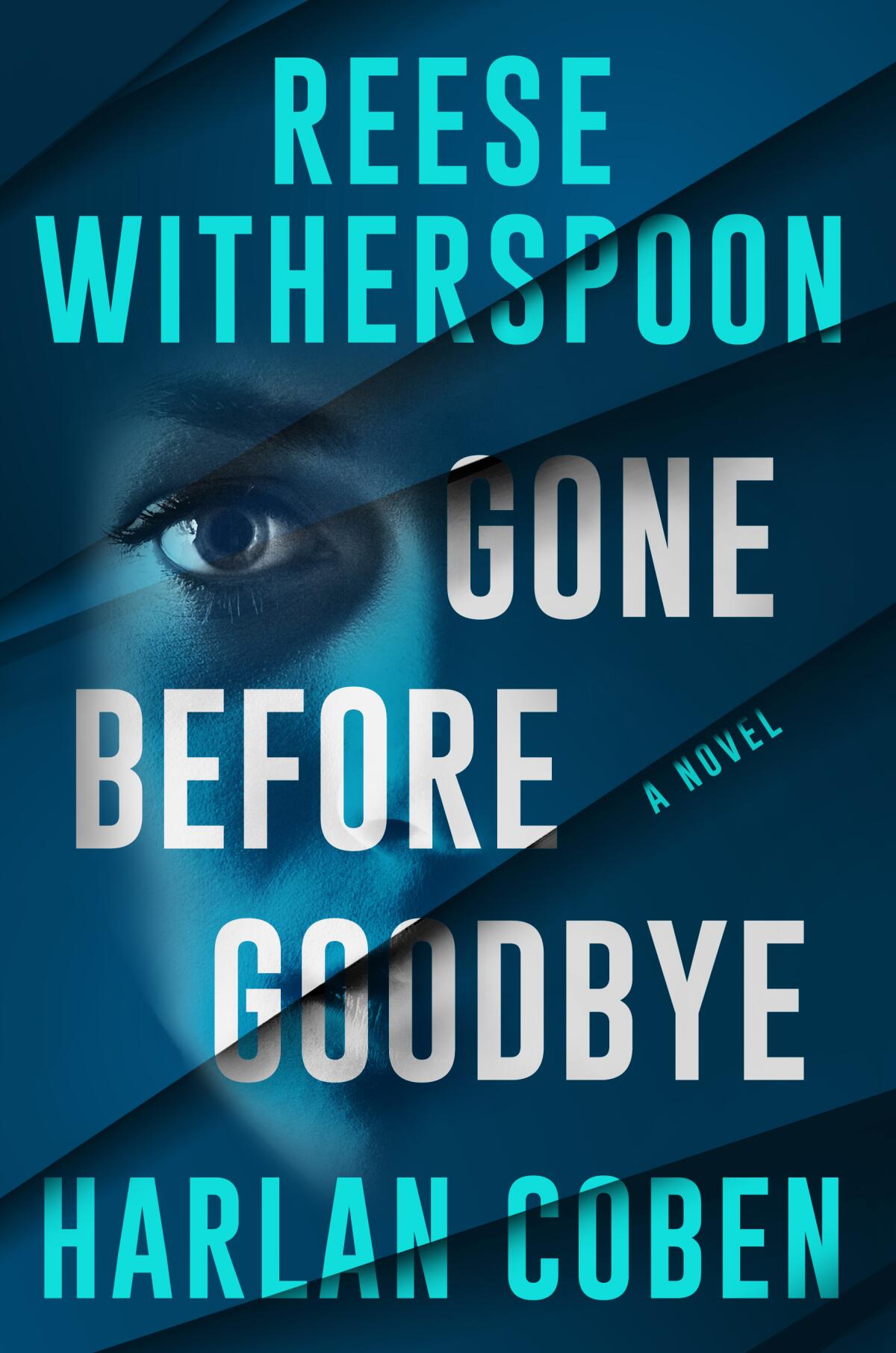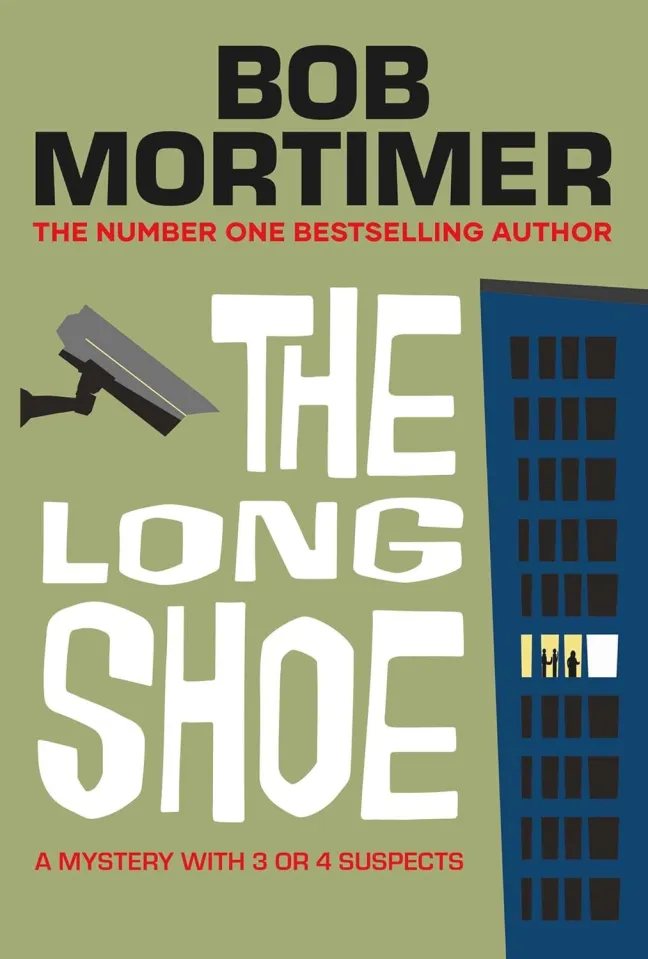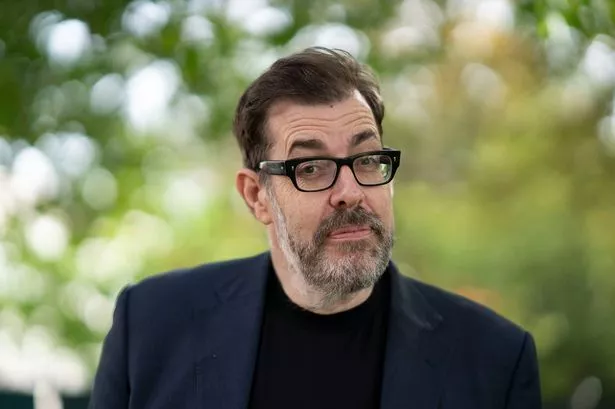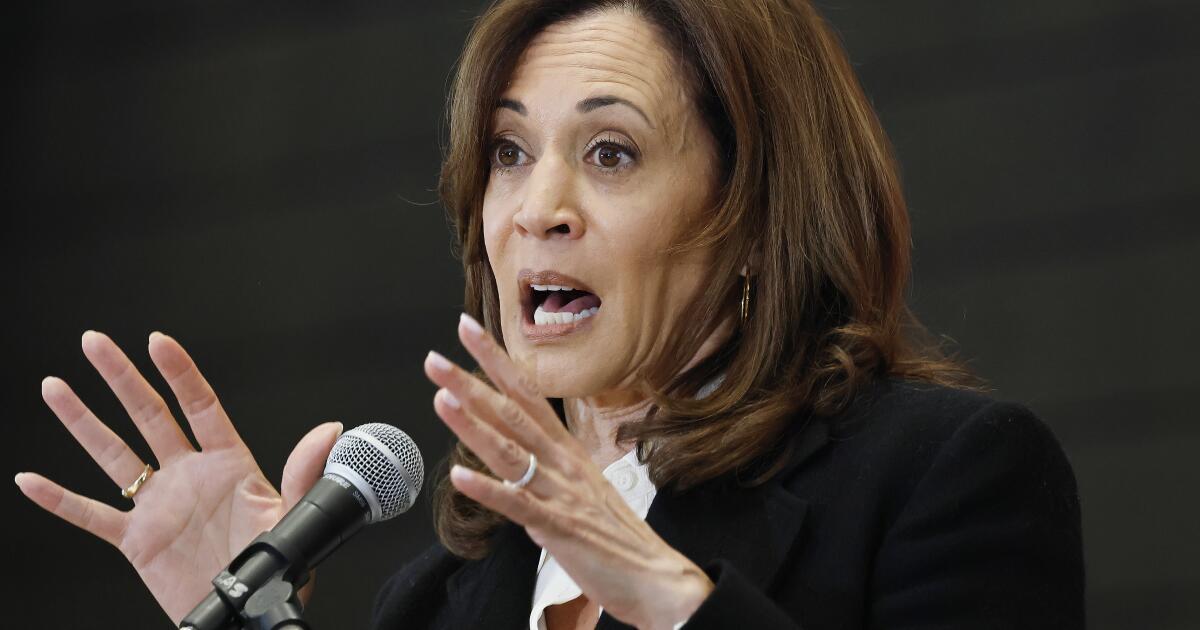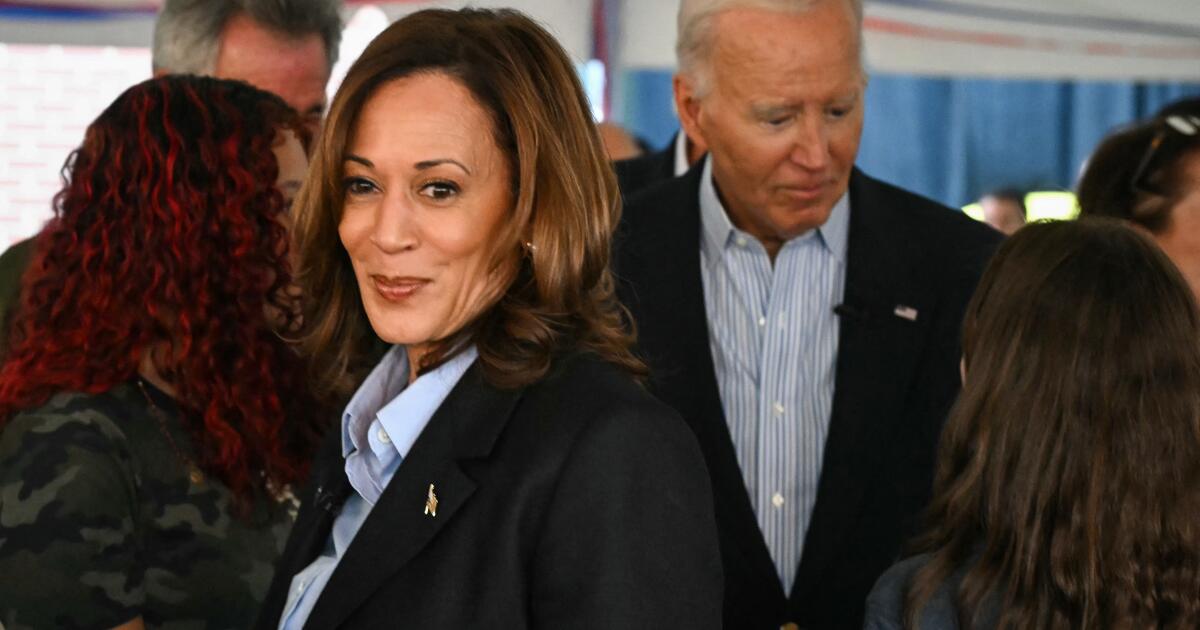People hoping for a great holiday deal might be tempted to book their flights on a Tuesday, but this once beloved travel tip could be outdated.
Travel expert James Steele at Go2Africa highlighted the misconception that booking flights on a Tuesday could save you money.
Airlines reportedly release discounted fares on Tuesdays – and pricing algorithms were thought to reset every week.
Although this may have been true in the past, James said fares are now “adjusted dynamically with algorithms that look at demand, popularity of the route, and remaining seats”.
Flight deals no longer hinge on what day you are browsing; “flights that look cheap on Tuesday could be even cheaper on Friday,” said James.
Instead, James recommended using price trackers, such as Skyscanner and Google Flights, and pointed out that flexibility on dates could secure you a better deal.
And while the flight hack has been disputed, there are other travel tips that may no longer be valid; here, James unveiled five of the most common travel hacks that you’re better off ignoring – and what to do instead.
He said: “Not every hack works perfectly, and believing them all could make your trip more stressful, make you spend more than you need to, or could even be dangerous.”
1. HACK: ONLY BOOK THE CHEAPEST OR EARLIEST FLIGHTS
James revealed that people will choose the cheapest or earliest flight they can get, in a bid to get what they think is the best option. But he stated that while this might save you some money, it can come with hidden costs that make it less than viable.
He said: “Not only can the cheapest flights come with additional charges, for things like luggage and choosing your seats, that make it more expensive than flights you’ve not considered, they depart at inconvenient times.
“This means waking up in the middle of the night, sacrificing sleep, and spending the first days of your trip exhausted, or wasting your last day by having to get to the airport early.”
What he urges you to do instead: Don’t just think about money when you are booking your flights. There are other options to save money on your trip, so consider prioritising convenience, sleep, and logistics, such as getting to the airport and hotel check-in times, instead. Taking a more holistic approach rather than penny pinching will help you have a more enjoyable holiday.
2. HACK: SAVE MONEY BY NOT BOTHERING WITH TRAVEL INSURANCE
Skipping travel insurance might seem like a simple way to save money, but in reality it can be extremely risky, and end up costing you even more if you get stuck or in trouble.
James added: “From missed flights and lost luggage to unexpected medical emergencies, there are unfortunately many things that can go wrong on your trip that could cost you hundreds, or even thousands, and these costs could be avoided by being insured.”
What he urges you to do instead : Compare insurance providers to get the best prices, and look for coverage that fits your needs and your trip, rather than always choosing the cheapest. This routine ensures you’re covered for what you actually need, and you’re not paying for what you don’t.
3. HACK: STICK TO A STRICT ITINERARY
Travel can be unpredictable. Attractions you’ve been looking forward to seeing can unexpectedly close, weather can change which could mean you can’t go to the beach, and restaurants you saw online can become fully booked.
It’s natural to want to see everything, and not want to feel like you’re wasting any time, but planning every minute of each day of your trip can have its downsides.
James said: “Whether you’re going on a long weekend to Italy or a two week safari in Africa, being too strict with your plans can not only lead to travel burnout, but it can also mean you miss out on spontaneity, hidden gems that aren’t in the guide books, and time to actually relax to enjoy your time away.”
What he urges you to do instead: Make a list of things you must see, but avoid scheduling things back to back so you don’t become tired or rushed. Think about how much time you’ll need to truly appreciate each activity, and leave free time throughout your trip to allow you to relax and explore.
4. HACK: ONLY USE CASH TO CONTROL YOUR BUDGET
Travellers often think that only using cash can help them control their budget. Studies have shown that using a credit card “reduces the pain of payment” and increases the motivation to spend. Saving a fixed amount of money for each day also means you could avoid overspending, but only having cash can be risky, and may not actually save consumers any money.
James offered: “If you run out, you might have to pay additional fees to withdraw more, or could simply miss out on experiences that you can afford, but don’t have the cash to pay for. Having only cash can give you a false sense of frugality, and can lead to you spending money unnecessarily because you don’t want to miss out due to exchange rates when you get home.
“As well as not saving money, only carrying cash means you are more at risk of loss of theft. If you lose your wallet, or it is stolen, you lose your entire travel budget – and a lost card can be easily frozen, unlike lost cash.”
What he urges you to do instead: Make a budget before you travel, but give yourself some room for unexpected purchases and experiences. Bring some local currency for convenience, and things like tips or local markets that don’t accept card. But, don’t rely on it solely as using a combination of cash and card reduces your risk and unnecessary fees. It also provides you with both flexibility and control of your spending.
5. HACK: ROLL ALL OF YOUR CLOTHES TO SAVE SPACE SUITCASE SPACE
The “roll method” has been viral for a long time as the perfect way to pack to maximise space in your suitcase by rolling up everything and placing it in your luggage. However, while it’s perfect for lightweight items like T-shirts, it doesn’t work for bulkier items like jeans and jackets.The process can actually take up more space if it isn’t done correctly, and you can even end up accidentally going over your luggage allowance which will potentially cause problems or cost more money on your travels.
What James urges you to do instead: Roll selectively, folding heavier things and layering them at the bottom. Don’t forget about the space inside shoes that can be filled with small items, so the space isn’t wasted. Don’t pack things “just in case”. Plan full outfits, making sure you can mix and match to avoid taking too much. Dress according to the environment and climate that you are going to be holidaying in while assessing your comfort level on flights regarding the clothing you will wear in transit.


